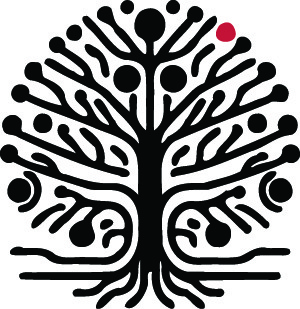
Human Past Journal Club

Discussion paper:
Yakov Pichkar and Nicole Creanza (2026). The Evolution of Language. Editor(s): Jason B. Wolf, Claudia Augusta De Moraes Russo, Encyclopedia of Evolutionary Biology (Second Edition), Academic Press, Pages 409-420, ISBN 9780443157516,
https://doi.org/10.1016/B978-0-443-15750-9.00030-6
Abstract
The evolution of modern humans has led to the proliferation of traits that are learned from other individuals, instead of being inherited through genetics. The transmission of ideas and behaviors is facilitated by a uniquely human trait: language, structured communication systems consisting of words and grammar. The neural and anatomical changes that allow for language have a basis in genetics, but the specific features of language are transmitted through social learning between individuals. The words and the grammatical structures of languages can evolve over time, both through change within a population and through contact between populations. In concert with the study of human genetics, the study of language features and their evolution deepens our understanding of human demographic history and the nature of interactions between groups of people.
Moderator: Carina Schlebusch
